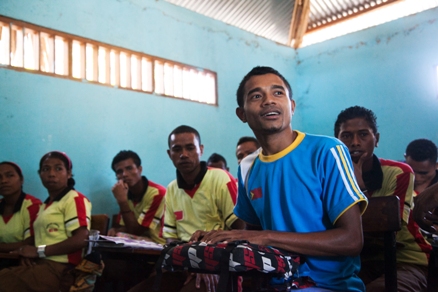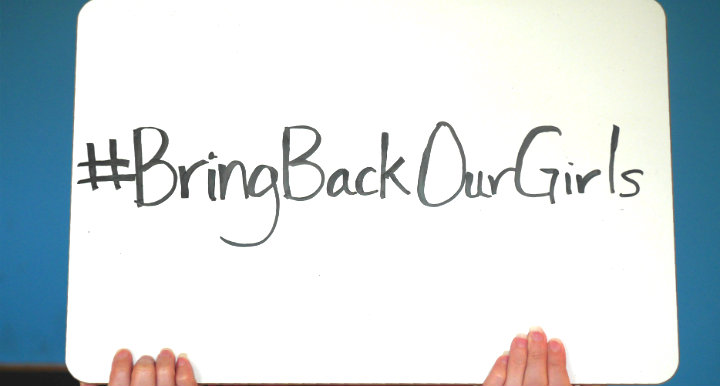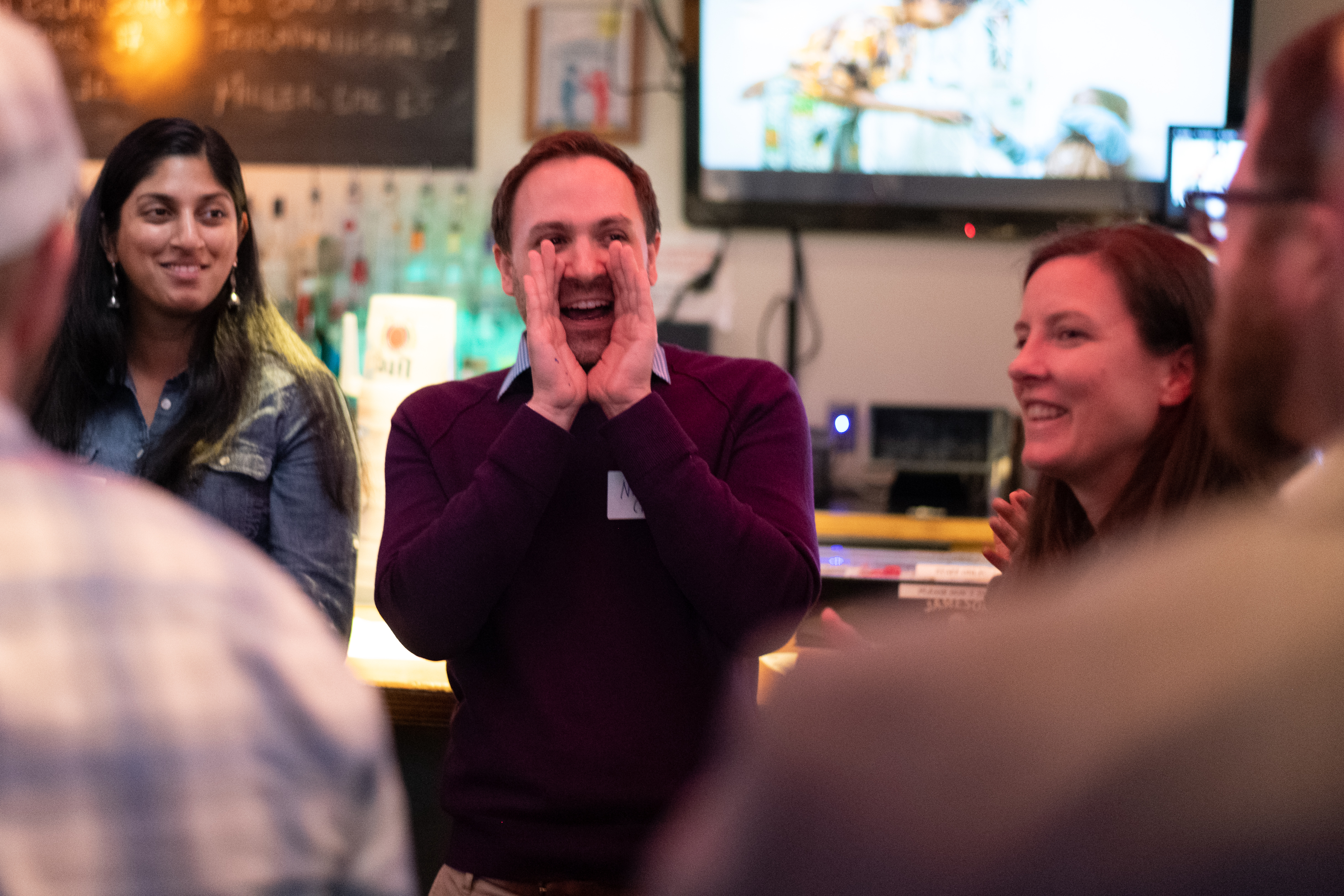This is a guest post from Laura Ogden, an alumna of our course, TC104: Global Innovations for Digital Organizing. If you’re interested in learning more about using technology for democratic change we’re running the course again in May.
‘I don’t have an email address at the moment. Can you send me the new finance policy on Facebook and I’ll drop in my signed copy to the office next week?’ This modern-day utterance came not from the secretary of a high-school prom organizing committee, but rather from the youngest Board Member of Ba Futuru, Timor Leste’s preeminent peace building and human rights organisation*.
Whilst this seemingly bizarre request might be interpreted as an encouraging – or amusing – sign of the times, where Internet and social media are penetrating business in all its forms across the globe, our Facebook-friendly Board Member is in fact an anomaly in Timor Leste, which continues to be Asia’s poorest country, after more than a decade of independence, billions of dollars in foreign aid, and years of UN administration.
In a country where (relatively) reliable Internet costs $1-2 an hour (on top of an initial $90 layout for the USB modem) and yet where national GDP was just $594 last year, it’s little wonder that the internet penetration rate in Timor Leste hovers around 2%, eleven years after the first internet connection was established in 2000 by the United Nations Development Programme (UNDP).
Internet access represents yet another facet of the already vast divide between the malae expatriate community and local Timorese – with most of the telecommunications and internet infrastructure having been poured into foreign-controlled donor programs and international organisations, where its impact is mostly felt by international staff and their relatively privileged national colleagues.
The untouchable monopoly of the country’s only telecommunications provider, Timor Telekom – the result of a young government desperate for investment and with little bargaining power – does nothing to improve the opportunity for Timorese nationals to access affordable and reliable Internet. Unsurprisingly, Timor Telekom’s corporate self image of national solidarity, equal opportunity and unlimited access, is not reflected in the disgruntled complaints of a population tired of rubbing shoulders with, yet being held at arms’ length from, the comparatively cashed-up malae and the multiple luxuries they enjoy, including affordable Internet access. These rare examples of online activism (ironically) use their digital voices to advertise the fact that their digital voice isn’t nearly strong enough**.
In this context, online organizing and digital activism, whilst increasingly appealing to Timor’s various activist and NGO communities, doesn’t have much of a fighting chance of being of any real and deep benefit at the current time in Timor Leste. As with the Internet’s accessibility being largely reserved for its prominent international population, the Internet’s use for activism in Timor Leste is mainly confined for the time being to its potential fundraising and awareness-raising capacity among foreign donors and supporters. Whilst not ideal, this fact is not to be sniffed at: we need only cast our minds back to the turn of the millennium when foreign activist groups and international media played a major role in finally turning the tide of international political pressure which assisted in winning Timor Leste’s independence – albeit at terrible cost of human life and suffering – after decades of largely hidden brutality and occupation.
A number of organisations in Timor, including Ba Futuru, are eager to explore the potential of the Internet to expand their fundraising pools, connect with likeminded individuals and organisations both here and overseas working towards common goals, and keep in-country supporters and beneficiaries engaged and informed about their activities. There is enough access and knowledge, particularly amongst the expat community and their national counterparts, to understand the potential of online organizing for social justice causes. However, it is important to be realistic about the tools available and their appropriateness for our current context.
In the short-term at least, Internet activism is a case of look-but-don’t-touch, or poke-me-on-Facebook-but-forget-sending-me-an-email, for Timor Leste and its youngest generation of activists.
______________________________________________________________
* I am currently working with Ba Futuru on a 12-month volunteer assignment.
** The mobile phone market, on the other hand, has expanded exponentially in recent years (and from 38% to 50% penetration of population in the past 12 months alone). Timor Telekom billboards now proudly boast that the company has over 500,000 mobile phone customers in this tiny nation of little more than a million people. The potential for SMS activism, data collection and other forms of organizing is clear.



